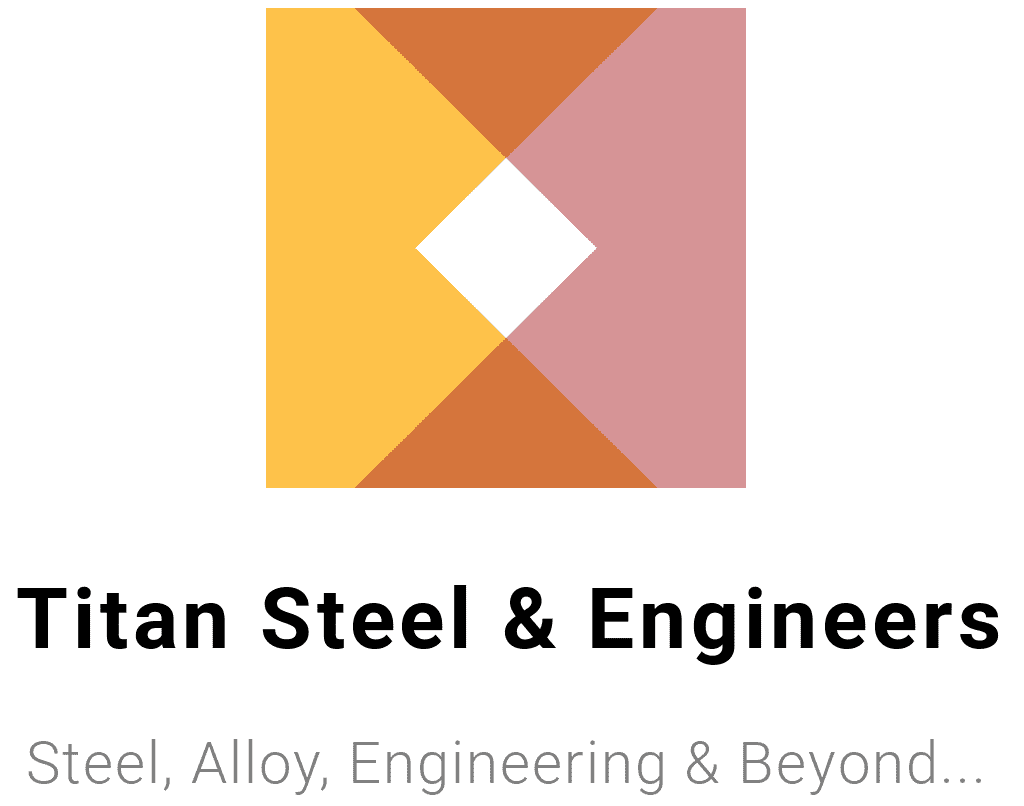A Complete Guide to Bolts Made from Medium Carbon Steel
Fasteners play a fundamental role in construction, manufacturing, and a multitude of other industries. Among them, bolts made from medium carbon steel stand out for their balance of strength, durability, and affordability. But what exactly makes these bolts so special, and where are they commonly used? This guide will explore everything you need to know about medium carbon steel bolts, including their composition, advantages, and practical applications.
What is Medium Carbon Steel?
Medium carbon steel is a popular material in industrial applications due to its unique blend of mechanical properties. Unlike low carbon steel, which is softer, or high carbon steel, which can be brittle, medium carbon steel strikes a balance between strength and ductility.
Properties of Medium Carbon Steel:
- Carbon Content: Typically contains 0.3% to 0.6% carbon.
- Hardness: Medium carbon steel can be hardened and tempered to improve its strength.
- Strength-to-Cost Ratio: Offers high tensile strength without breaking the bank.
- Versatility: Can handle moderate wear and stress, making it suitable for many applications.
Due to these qualities, medium carbon steel is an ideal choice for manufacturing various mechanical components, including bolts.
How Are Medium Carbon Steel Bolts Manufactured?
The manufacturing of bolts from medium carbon steel follows a detailed process to ensure consistency, quality, and strength.
Step 1: Selection of Material
The process begins with selecting medium carbon steel rods, which serve as the raw material.
Step 2: Heat Treatment
Medium carbon steel is typically subjected to heat treatment processes such as annealing, quenching, and tempering. This enhances its hardness and tensile strength while retaining ductility.
Step 3: Forming the Bolt
The next step involves shaping the steel rod into the desired bolt shape. This is usually done through processes such as hot or cold forging. Hot forging involves shaping the metal after it has been heated to a high temperature, while cold forging occurs at room temperature to enhance the bolt’s strength.
Step 4: Threading
Threading, often done by rolling or cutting, is the process of creating the grooves on the bolt shaft that allow it to screw into place.
Step 5: Surface Finishing
To protect the bolt from corrosion, finishes like galvanization or coating with anti-corrosive materials are often applied.
Step 6: Quality Testing
The bolts are ensured to meet strength and durability standards through rigorous quality checks before they are packed and shipped.
Advantages and Disadvantages of Medium Carbon Steel Bolts
Like any other material, medium carbon steel bolts come with their own set of advantages and disadvantages.
Advantages:
- Strength and Durability: Medium carbon steel bolts are stronger than bolts made from low carbon steel. They can withstand higher levels of stress without deforming or failing.
- Cost-Effective: These bolts offer an excellent balance of cost and performance, making them an economical choice for various projects.
- Heat Treatability: Their ability to undergo heat treatment allows for customization of mechanical properties, improving adaptability across industries.
- Versatility: Suitable for multiple applications due to their balanced strength and ductility.
Disadvantages:
- Susceptibility to Corrosion: Without proper treatment or coating, medium carbon steel bolts are vulnerable to rust and corrosion.
- Limited Use in Extreme Conditions: These bolts may not perform as well as specialty materials like stainless steel in harsh environments, such as extreme heat or exposure to chemicals.
Common Applications of Medium Carbon Steel Bolts
Medium carbon steel bolts are versatile and play a crucial role in several industries. Here are some of the most typical applications:
- Automotive Industry: Frequently used in automobile frameworks, engines, and suspension systems due to their strength.
- Construction: Medium carbon steel bolts are often found in the assembly of steel structures, bridges, and heavy machinery.
- Agriculture: Utilized in the manufacturing of farm equipment and tools that require durable fasteners.
- Manufacturing: Widely applied in assembling various industrial machinery and equipment.
- Civil Engineering: Ideal for projects that require reliable fasteners that can support weight and resist significant stress.
Comparison with Other Bolt Materials
To better understand why medium carbon steel is a popular bolt material, it’s helpful to compare it with alternatives:
|
Material |
Strength |
Corrosion Resistance |
Cost |
Applications |
|---|---|---|---|---|
|
Low Carbon Steel |
Lower than medium |
Moderate (if coated) |
Low |
Light-duty fasteners, general-purpose bolts |
|
Medium Carbon Steel |
Balanced strength |
Moderate (if treated) |
Cost-effective |
Construction, vehicles, and machinery |
|
Stainless Steel |
High |
Excellent |
Expensive |
Marine, chemical, and extreme weather projects |
While medium carbon steel might not match the corrosion resistance of stainless steel, its affordability and strength-to-cost ratio make it an attractive option for medium-duty applications.
Maintenance Tips for Medium Carbon Steel Bolts
To extend the lifespan of medium carbon steel bolts and maintain their structural integrity, regular care and maintenance are essential.
Maintenance Tips:
- Proper Coating: Ensure bolts are coated with protective layers, like zinc plating or galvanization, to prevent corrosion.
- Routine Inspections: Inspect bolts regularly for signs of wear, corrosion, or loosening.
- Lubrication: Apply anti-seizing or lubricating compounds to prevent friction and make removal easier.
- Correct Installation: Over-tightening can compromise durability. Use torque wrenches to apply the correct force during installation.
- Storage: Store spare bolts in a cool, dry place to prevent premature rusting.
Building a Stronger Foundation with Medium Carbon Steel Bolts
Medium carbon steel bolts strike a unique balance between strength, affordability, and versatility, making them a valuable choice for a wide range of applications. Understanding the material and its properties ensures proper use, while regular maintenance can extend their longevity.
Looking for more information or specific bolt recommendations for your project? Stay informed and make confident choices in your next construction or manufacturing endeavor.

